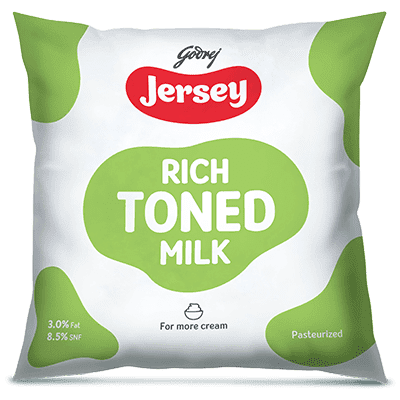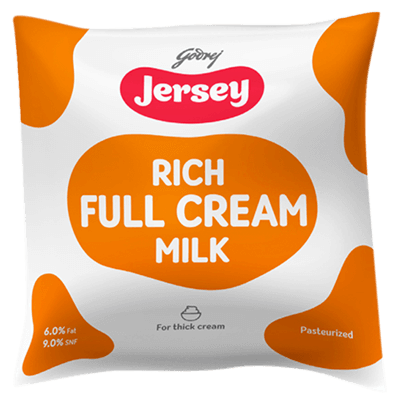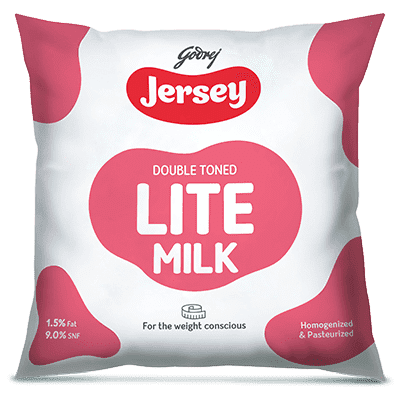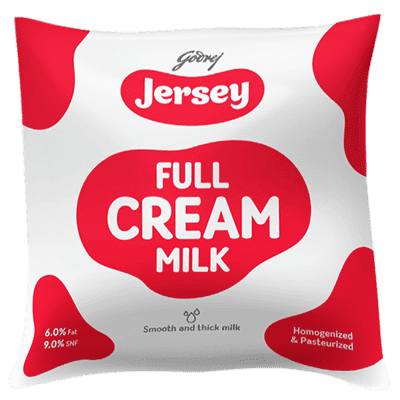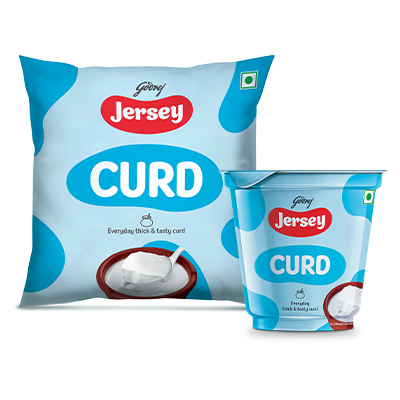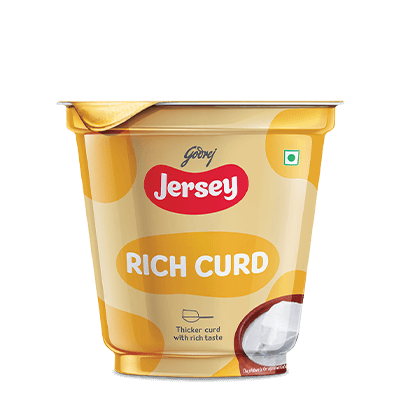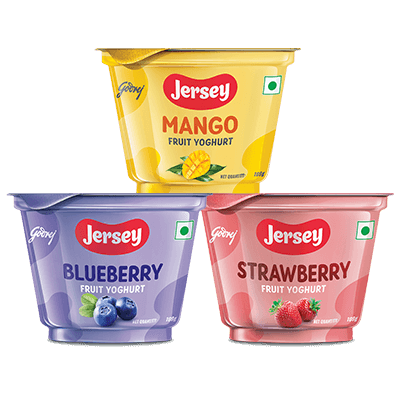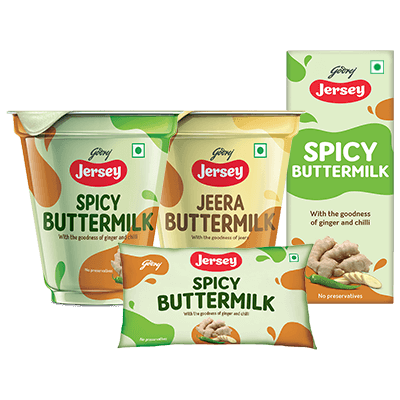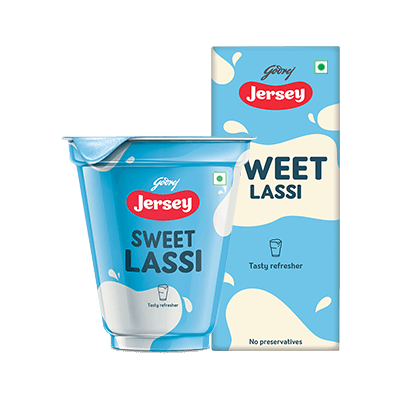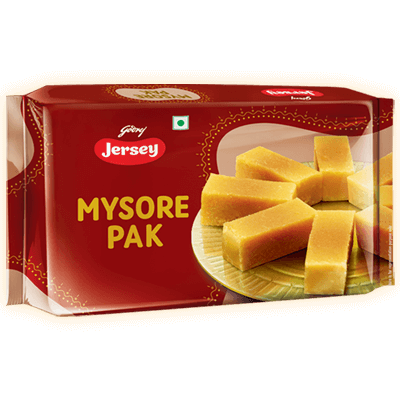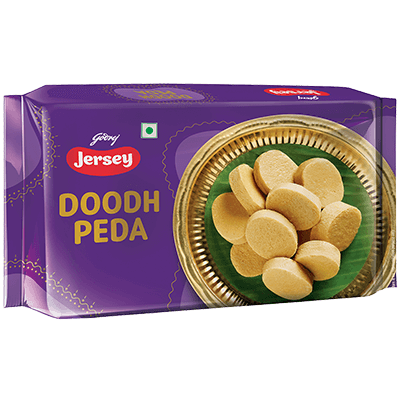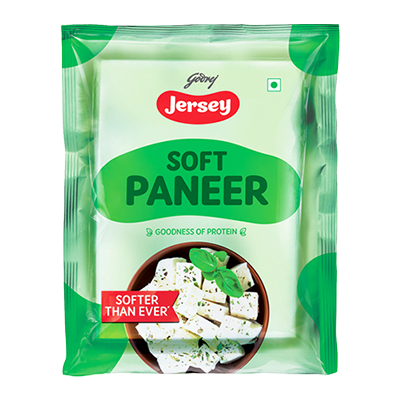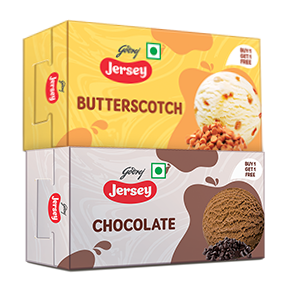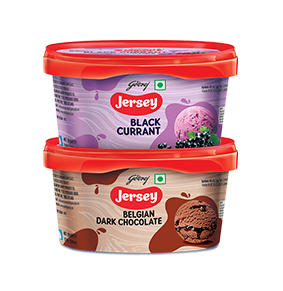In Indian families, ghee is a ubiquitous substance that is both healthy and nourishing. However, there are certain untruths and misconceptions about ghee. View the five ghee misconceptions and learn the reality behind each one. People are turning to healthier substitutes and avoiding everything that contributes to an unhealthy weight as they become more health conscious. Since then, desi ghee usage has drawn criticism from health nuts, primarily because of how much fat it contains.
Pure desi ghee is a necessary component of traditional medical science according to Ayurveda, which views it as the purest expression of the earth element. Due to several misunderstandings surrounding desi ghee, you may be hesitant to include it in your diet. Continue reading to discover more about the benefits and nutritional worth of desi
ghee.
Common myths
1. Ghee is hard to digest.
One of the few items with naturally occurring butyric acid is ghee, which may help to stimulate an immune response, reduce inflammation, and support healthy food digestion. Desi ghee controls bowel motions, which prevents constipation. According to Ayurveda, cow ghee facilitates digestion and supports gut health by lubricating the digestive system and stimulating gastric acids to maintain and repair the mucus lining
of the stomach.
2. Ghee makes you fat
Since they believe it will result in weight gain, the majority of weight watchers avoid eating desi ghee. But the fact that ghee aids weight loss rather than weight gain dispels the widespread misconception that it makes people fat. Ghee is a source of dietary fat that contains monounsaturated fatty acids, which serve to mobilize fat cells for the purpose of burning energy and encouraging the development of lean body mass. One teaspoon of ghee each day can help you lose stubborn belly, hip, and thigh fat.
3. Ghee should not be used by heart sufferers.
Ghee is a nutritional powerhouse that delays the beginning of heart diseases by lowering bad cholesterol levels and calcium deposits within the arteries. It is rich in vitamins A, E, D, and a variety of antioxidants. Ghee is a better option than olive oil, groundnut oil, butter, etc. since it can lower total cholesterol levels in the serum by 10–25% and in intestinal mucosal cells by 7–14%.
4. Ghee should not be used by heart sufferers.
Ghee is a nutritional powerhouse that delays the beginning of heart diseases by lowering bad cholesterol levels and calcium deposits within the arteries. It is rich in vitamins A, E, D, and a variety of antioxidants. Ghee is a better option than olive oil, groundnut oil, butter, etc. since it can lower total cholesterol levels in the serum by 10–25% and in intestinal mucosal cells by 7–14%.
5. Avoid Consuming Ghee if You Are Lactose Intolerant
Once again, it is a common misconception among all lactose intolerant persons that eating desi ghee will make their condition worse and make them more intolerable. Since milk solids are far from ghee, they essentially cannot cause lactase insufficiency and are therefore frequently ingested without concern. The benefits of cow ghee with hot milk are amazing for those who are not lactose sensitive and significantly speed up metabolism.
6. Ghee may be harmful to general health.
Ghee has a number of health advantages when used in moderation and in accordance with dietary recommendations. Consuming ghee increases the body's ability to detoxify carcinogens and lowers the potential for cancer growth, which lowers the risk of developing the disease. It acts as a metabolizing and balancing agent for high glucose levels and increases the generation of insulin, which aids in the management of diabetes. Two teaspoons of ghee every day also helps women maintain a healthy hormonal balance and helps men have better-quality and more mobile sperm. Ghee has enormous health advantages in addition to enhancing taste and giving food a deep flavor. In order to preserve your general health, make sure to consume at least two teaspoons of ghee daily.



